We recently went on a once-in-a-lifetime, bucket-list family vacation. We spent seven weeks going from the East Coast to the West Coast and back. While we did take math books for the elementary students, some type of reading for everyone (not curriculum, just reading material), and our morning routine, we did not take most of our formal schooling with us. However, the science and history learning that happened on this trip were probably worth more than a school year full of curriculum.
As we planned our trip, we mainly focused on national park sites. (For the purpose of this post, I am including parks, historic sites, monuments, etc.- basically any site run by the National Park Service, not just the ones designated as National Parks.) We also included some fun state parks in various locations.
Every Kid Outdoors
Aside from all of the wonderful educational opportunities and impressive hikes, the National Parks are generally reasonably priced to visit. However, even at reasonable prices, if you are going to multiple parks it can add up. That is where the Every Kid Outdoors program comes in to help. If you have a fourth grader (and yes homeschoolers are included) you can get a free pass that is good for a year and includes the whole family.
It is very simple to go online and register for a pass and then just turn in your form at any National Park site that sells passes or charges admission. This includes admission at any of the National Park Sites as well as National Forests. Do note that it does not include camping fees or tours that have an additional charge.
Junior Ranger Programs: Education and a Souvenir
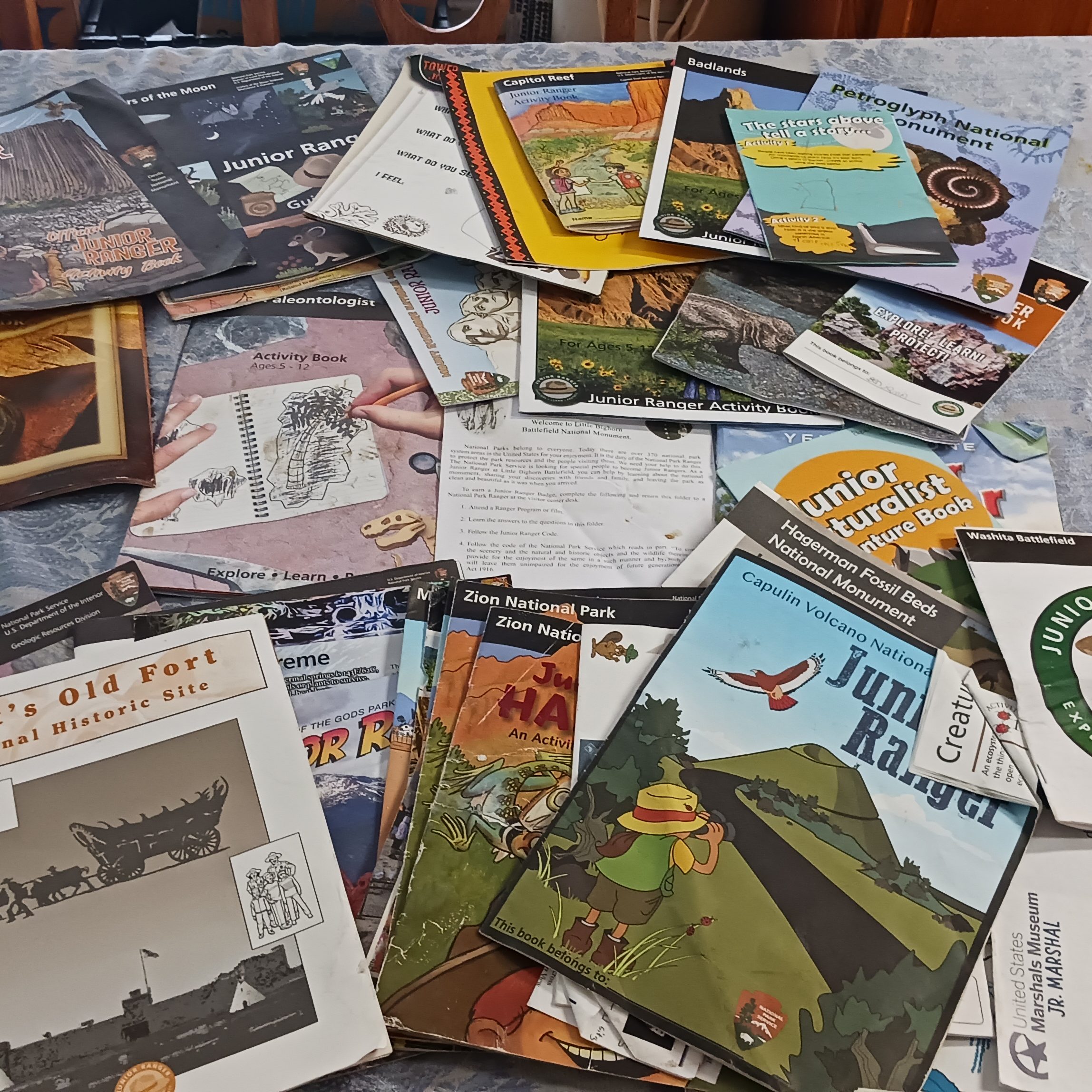
One of our favorite tools when visiting national park sites is the Junior Ranger Program. Each, park has their own Junior Ranger booklet for students to complete and then they can earn a junior ranger badge. At almost all of the parks these booklets are free (in the many parks we have visited over the years we have had to pay a small fee for two of them). While each book is different and some more elaborate than others, in general, each booklet has guidelines for students to complete a certain number of activities dependent upon their age level.
Some of the activities are workbook-style, such as word finds and crossword puzzles. Some use information in the visitors center to answer questions or do a scavenger hunt, and other activities might involve hiking or viewing other parts of the park.
These books help us guide the learning of our children and give them a built in free souvenir, which is a win-win.
In most instances you will complete the book on your visit to the park and the rangers will check it and issue the badge. However, at some of the smaller parks/historic sites we were not going to be there long enough for them to finish the book. Often, they would allow me to take possession of the badges and give them to the children once they had completed the requirements. This made for a great activity for them to work on while we were riding.
Passports: Keeping a Record
Eight or nine years ago, we took the three oldest children on a road trip to Washington, D.C.. While we were there, we purchased a national park passport. At the time it was on sale and we paid about $15. That is one of the best purchases we have ever made. At each site, there are stamps for the passport. The passport is divided by region and you just stamp your book in that region when you visit a park.
In the D.C. area, almost all of the monuments have their own stamp, so we got a lot of stamps on that trip, and my children (even the teens) have been excited about collecting stamps ever since. It gives them a fun way to keep a record of all of the places we have visited and when we visited because the stamps have the date on them.
This past Christmas, our sweet neighbors gifted the children with their own passports, so on our latest trip they were each able to stamp their own in addition to our family passport and begin their own record of travel.
Benefits of Field Trips: Making It Real
I am a huge fan of reading, both independently and aloud. There are many, many benefits to reading about science and history and much is learned in that way. However, there is something extra special about taking a field trip to see actual historical locations or scientific features.
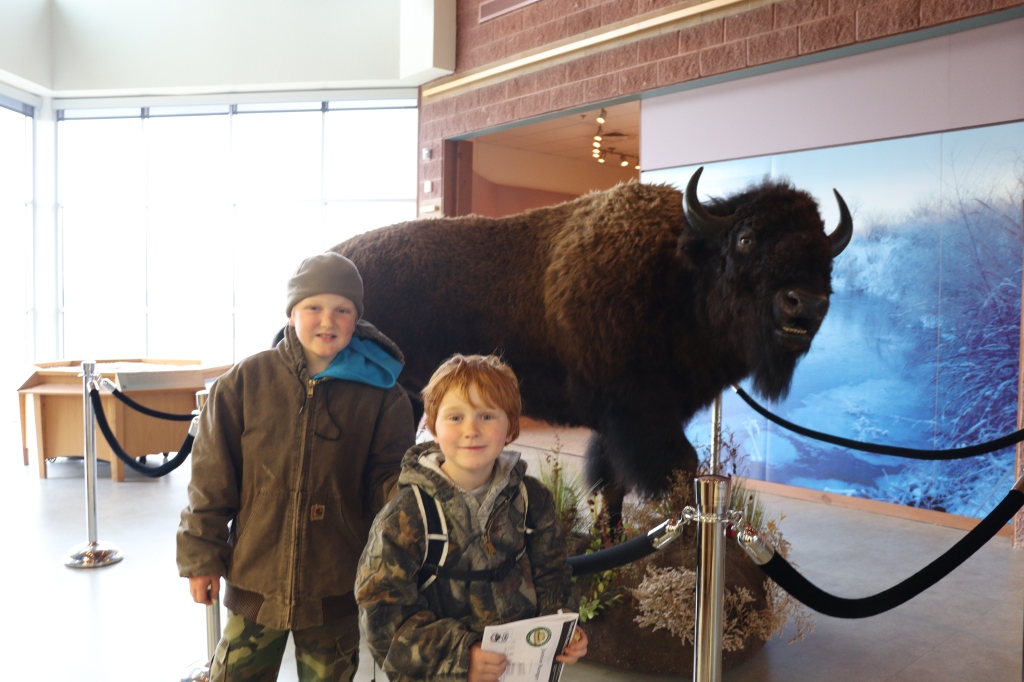
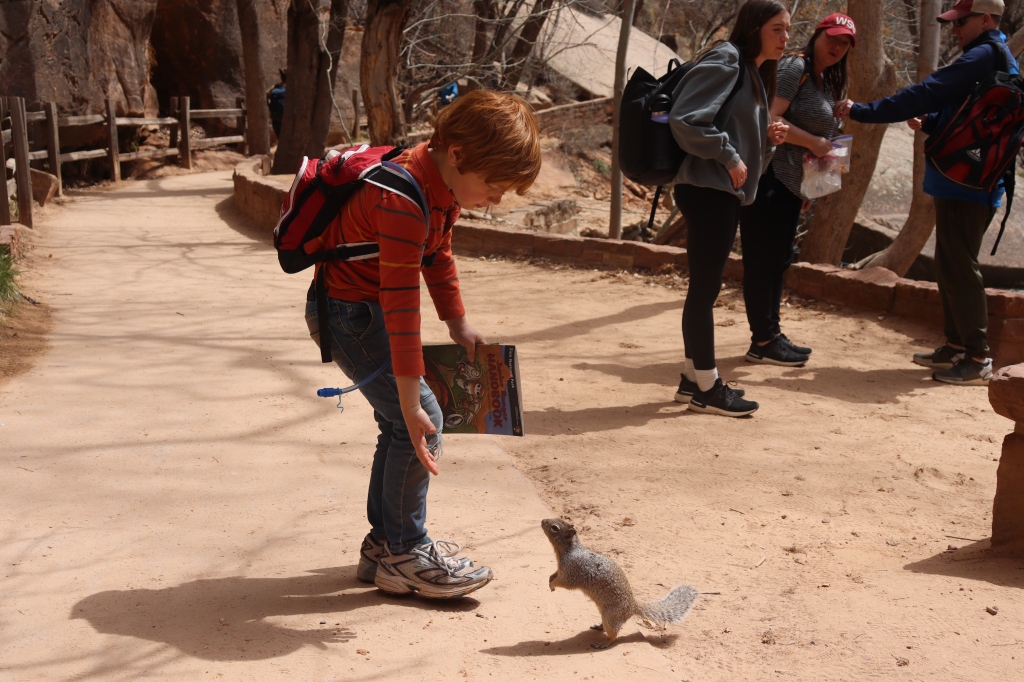

We can read about geysers and hot springs for months, but nothing compares to actually seeing one to help them understand and connect with what they are learning. My son can list facts galore about different animals (thank you Burgess Book of Animals), but seeing them in real life brings all that together with a much deeper understanding.
When students visit a historic site, they can really internalize that the events they read about were not part of a fictional story but real life and real people.
For example, I remember playing the Oregon Trail computer game as a child. While I knew it was based on real history, it really sank in once we went to one of the actual river crossings this spring and saw where those many men and women had forded the river.
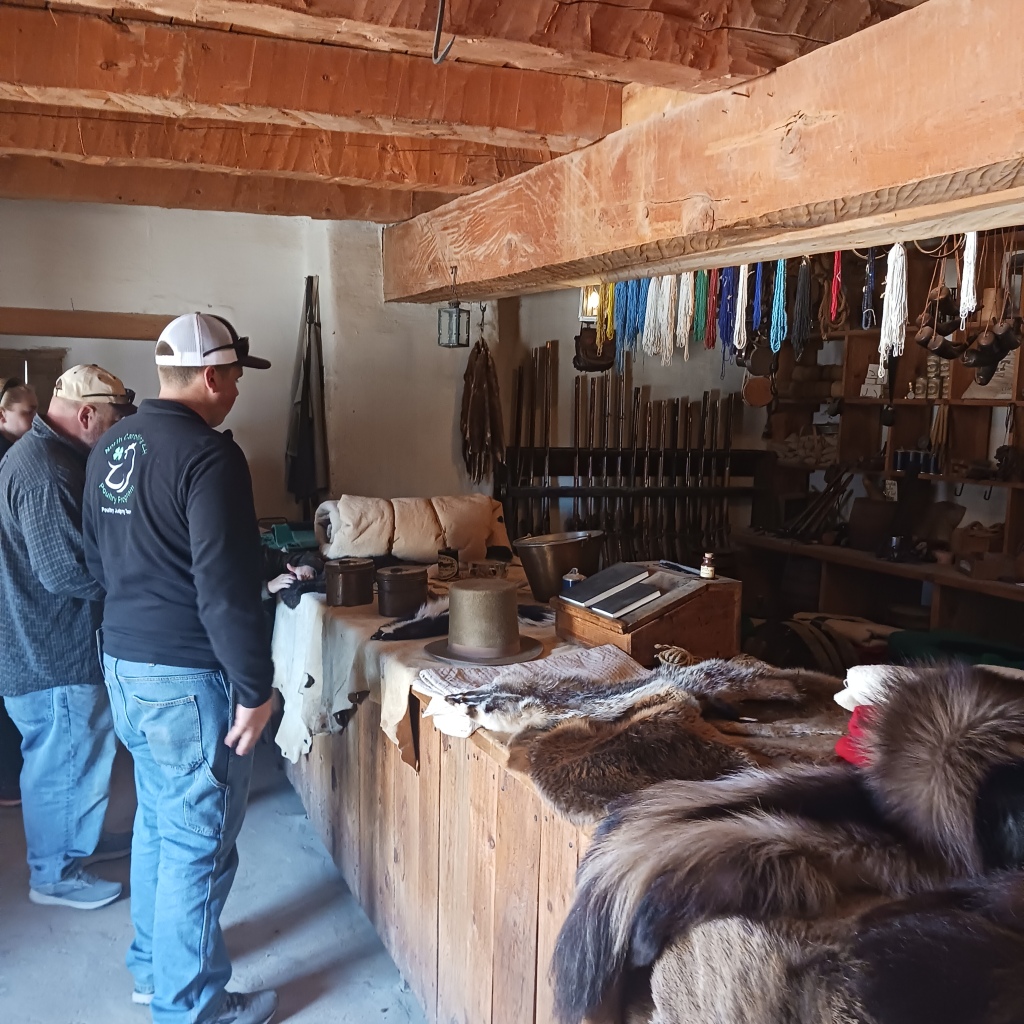

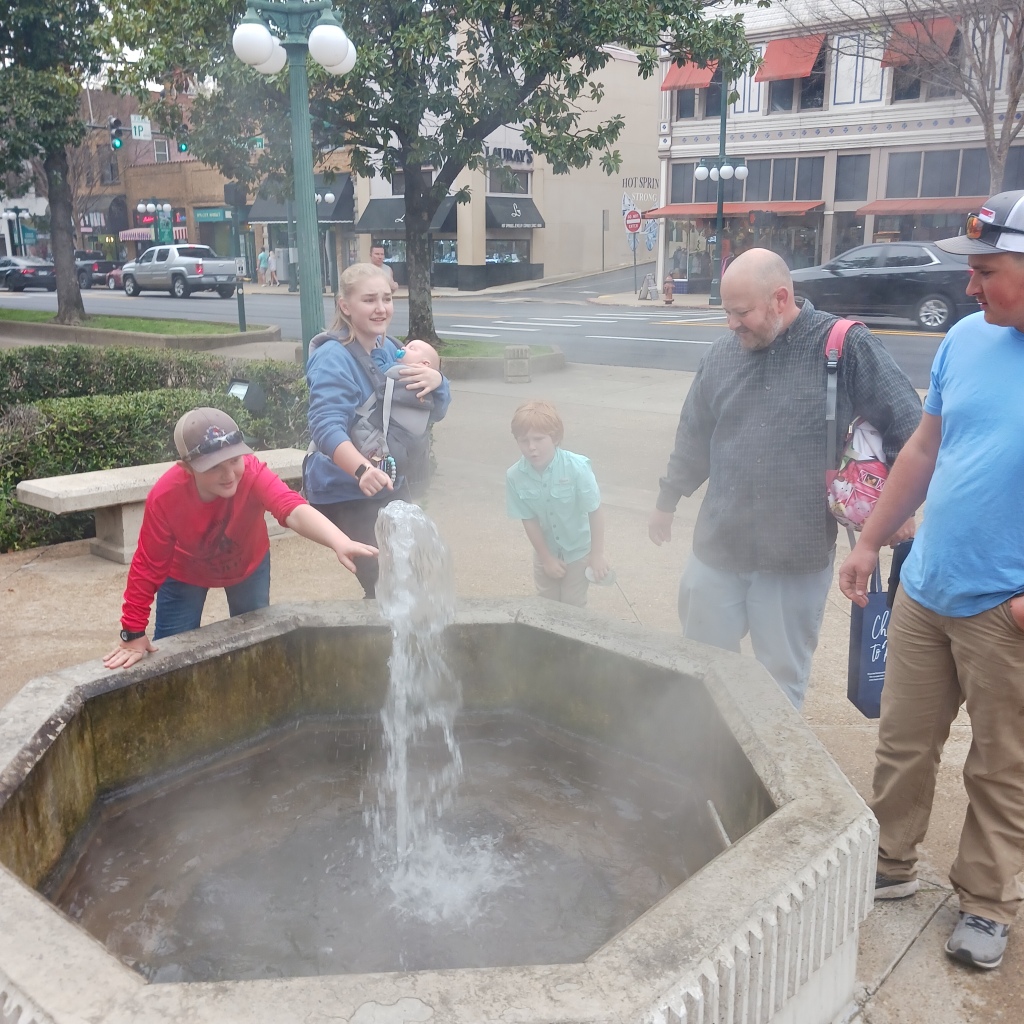
National Parks Are Worth the Time
I highly encourage you to utilize the national park system in your homeschool. Whether you seek out sites that are related to your studies or simply find sites near your home or wherever you are traveling, the visit will be beneficial to your students.
The parks can stand alone in your learning or supplement the curriculum you are already studying and can be used at whatever frequency and timeline works for your family. If you have sites near you, you can visit them on multiple occasions to enjoy various programs and activities. There is something new to learn each time.
What are your favorite sites in the National Park system? Stay tuned for another post next week with some more specific ideas for using the parks as your curriculum.
Resource Library and Affiliate Disclosure
When you sign up for the Schoolin’ Swag free resource library you will get a link and password to the library, we are adding to the library each month with new items. You will also get a bi-weekly newsletter email to keep you up to date on what we have going on.
This post may contain affiliate or referral links, including Amazon affiliate links. As always I will never recommend a product that I don’t believe in and you will never be charged more for purchasing through our links. It does help pay for the costs associated with the blog.
Deals and Freebies
If you have not tried SchoolhouseTeachers.com, you don’t want to miss this sale! (Use code UGLYBUG)
All About Learning is also offering their big summer sale!

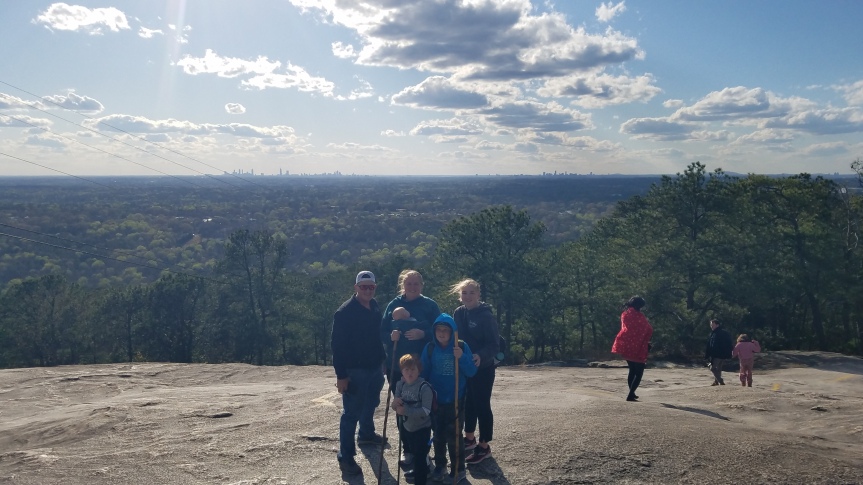

What a wonderful trip! There is nothing like this type of moment to make learning come alive. So glad you all were able to take the trip.
LikeLike